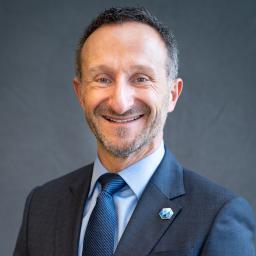At Prizmah’s Head of School Retreat earlier this spring, consistent with all we have heard since the pandemic, school leaders unanimously voiced their most pressing need: “More teachers,” we heard from schools across North America, of all sizes and all religious affiliations.
Why Now?
While the need for talented educators is not new, today’s post-pandemic, post-October 7 climate has made the challenge even more urgent. Veterans of the day school community tell me that they have seen our field professionalize over the last 20+ years; the result is a growing recognition of the quality that a day school education provides.
Ours is a people business: The day school field rises and falls with the supply of talented educators, combined with our ability to enable every teacher to build and sustain an enriching, impactful career. Teachers and school leaders account for nearly 60% of a school’s impact on student achievement, far greater, according to Malcolm Gladwell, than class-size or other effects.
At a time when day school enrollment is trending upward, there is no more urgent need for our schools, and we at Prizmah believe that substantial investment in strengthening the educator pipeline over a sustained period, directed towards schools, communities and across North American in parallel, can address that need.












